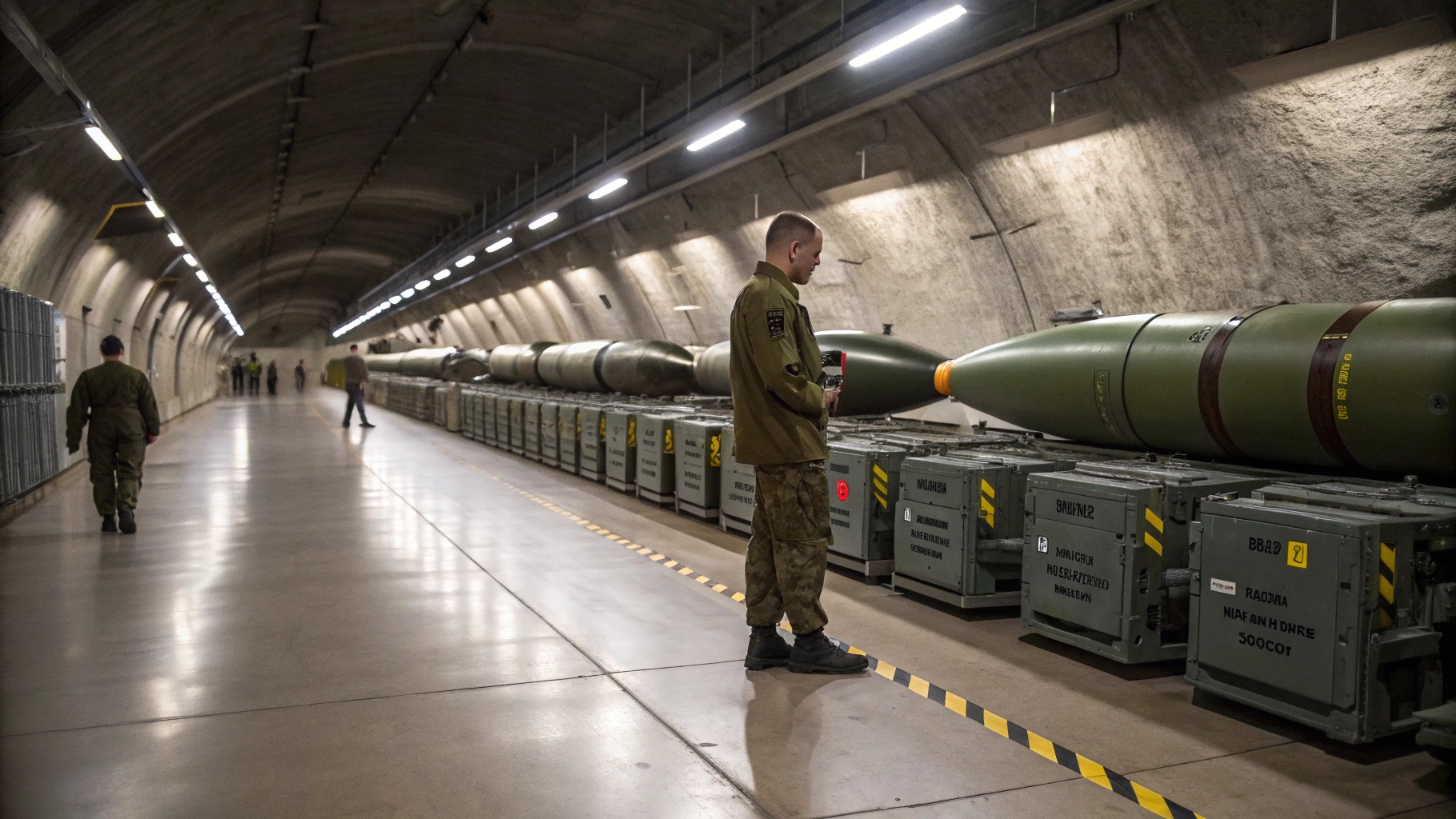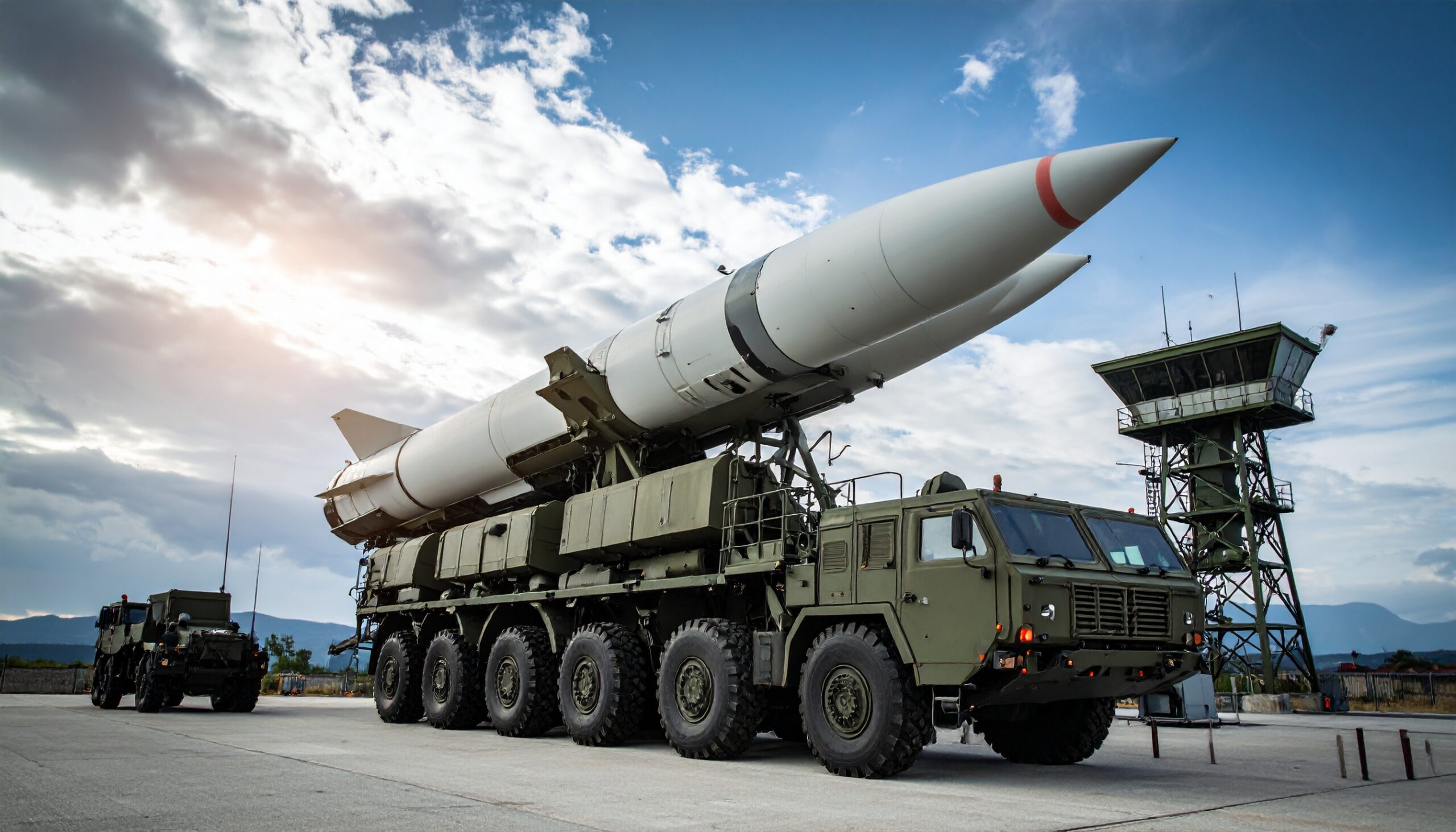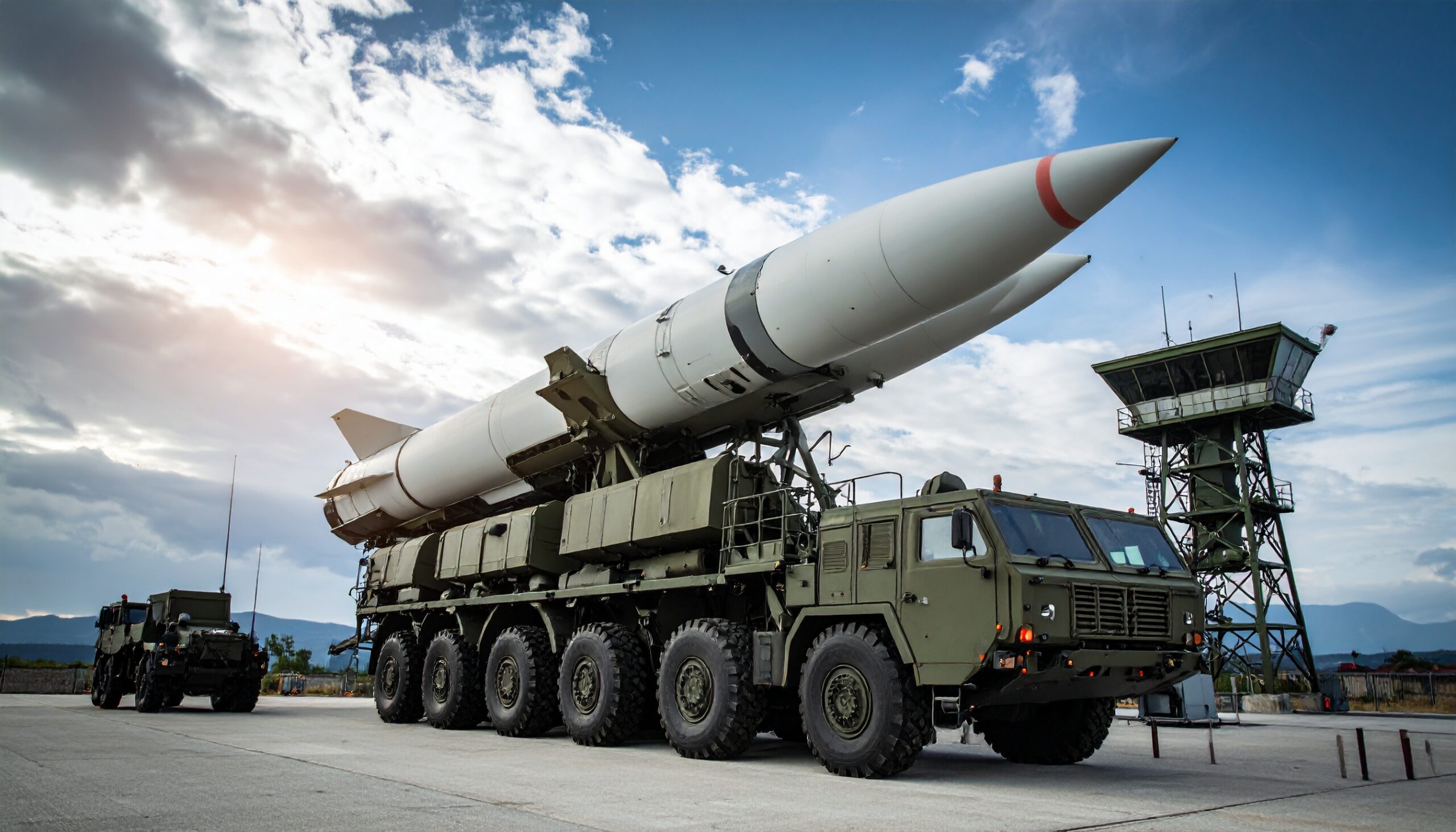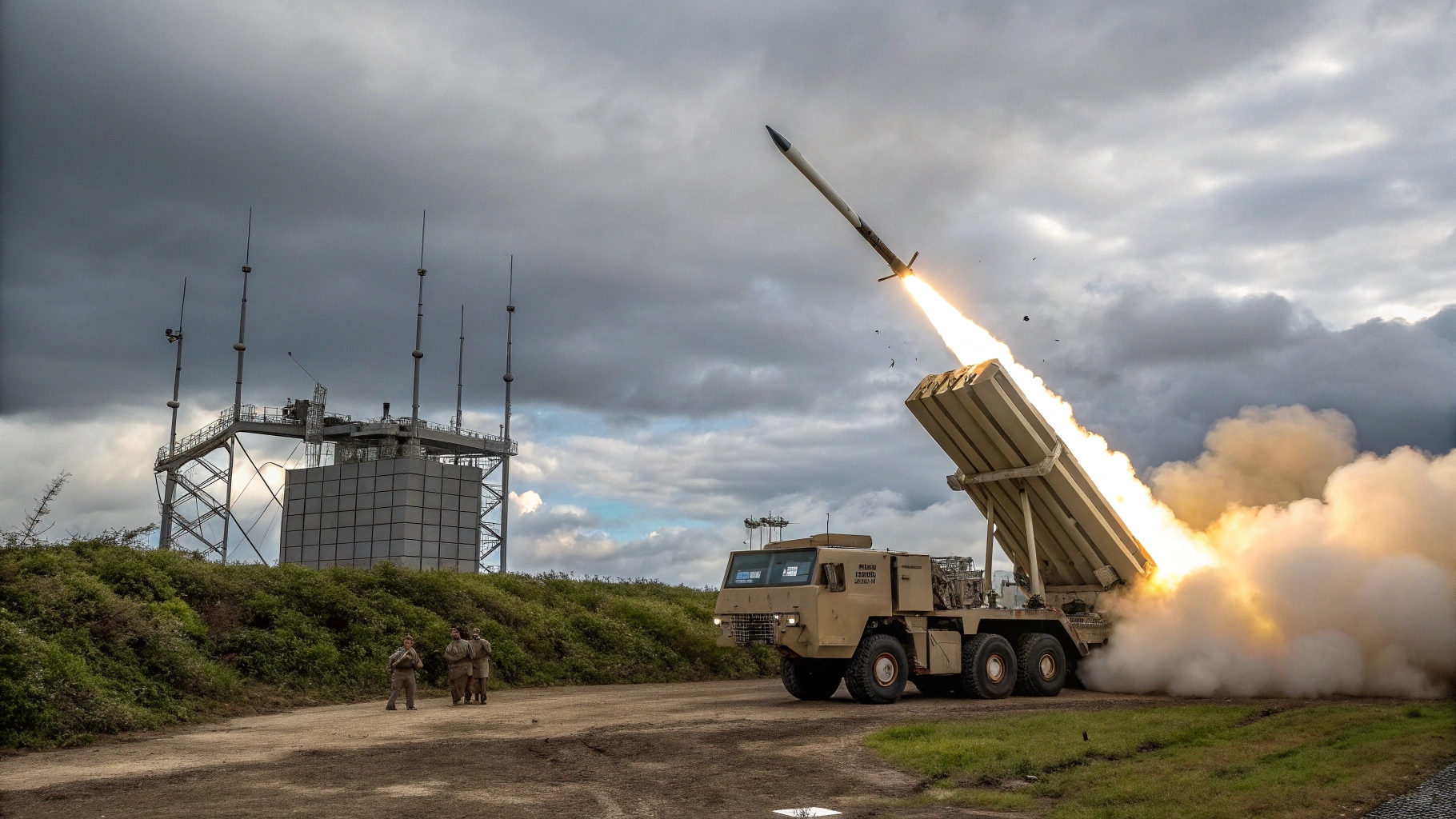
Firehawk Aerospace, a US-based defense startup, has secured a $4-million contract from the US Air Force to develop 3D-printed solid rocket propellants aimed at extending missile range. The project falls under a program managed by the Air Force Research Laboratory and SpaceWERX, the innovation unit of the US Space Force.
Unlike traditional solid rocket fuels, Firehawk’s approach focuses on thermoplastic-based propellants, which promise safer and more versatile performance. The company explained that its additive manufacturing process allows for greater flexibility, enabling propulsion systems that can be adapted to different mission needs while enhancing safety and efficiency.
Conventional rocket propellant production is often time-consuming and labor-intensive, with limited scope for rapid changes. In contrast, 3D printing enables faster iterations, more complex designs, and potentially improved outcomes in both range and reliability. Such advancements could give the US military a critical edge in contested environments where adaptability is key.
The contract is funded through the SBIR/STTR program, a long-running initiative designed to accelerate defense innovation by supporting small businesses. Firehawk’s work represents a new wave of agile suppliers capable of moving quickly from concept to demonstration, in stark contrast to the lengthy development cycles of traditional defense contractors. The Air Force’s investment signals a broader commitment to advanced manufacturing technologies, ensuring future missile systems remain efficient, responsive, and combat-ready.





